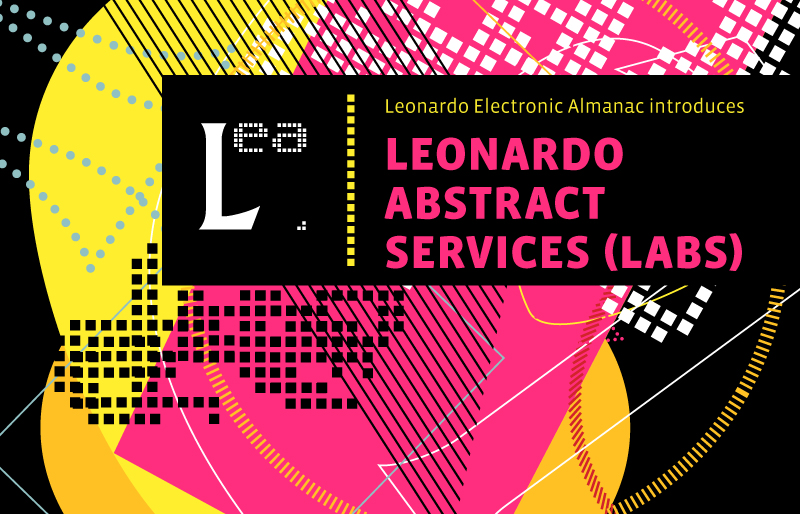
Leonardo Abstract Services (LABS) 2010-2011
A Practice-informed Critique of Technological Posthumanism and its Ideologies
With the recent emergence of copious scholarship that considers the discursive life of the term “human,” posthumanism has become a timely interdisciplinary discourse. This study is a critical analysis of three strains of this discourse’s technologically oriented segment: “scientific” (Dawkins/Dyens), “humanist” (Hayles), and “organismic” (Hansen) posthumanisms. Throughout, these analyses are presented in an effort to appreciate the insights available from these three perspectives, and to contextualize them in the larger conversations of technology and culture. Ultimately, though, the analyses also unpack how each perspective continues to hold onto certain elements of the humanist tradition that it is mobilized against; in each case, the study desublimates the presumption that underwrites a given perspective.
To materially ground the problematic of posthumanism in its full complexity, this dissertation interleaves these theoretical chapters with three others on artworks. Each of the latter draws out the problems discussed in the immediately preceding chapter, demonstrating the material impact of each perspective’s biases. Moreover, these chapters focus on the topos of sound, demonstrating how aurality might offer new insights to an area that has been dominated by visual theorization. The last of these chapters is a discussion of the author’s own collaborative artistic practice that elucidates the variegated causal chains that comprise human-technological coupling, unpacking the ramifications of how we narrate this problematic.
In short, this study offers at least four contributions to the existing literature on poshumanism. Firstly, it nominates the term “technological posthumanism” as a means of focusing specifically on the discourse as it relates to technology without neglecting its other disciplinary histories. Secondly, it suggests that deconstruction remains relevant to this discourse, specifically with respect to the performative dimension of language. Thirdly, it offers analyses of artworks that have not heretofore been considered in the light of posthumanism, specifically emphasizing the role of aurality. Finally, the text’s innovative form introduces a reflexive component that exemplifies how the discourse of posthumanism might progress without resort to the types of unilateral narratives that the dissertation critiques. Collectively, this study offers new purchase on the question of humanity’s relation to technology, a question that is of unprecedented relevance today.
Degree: Ph.D.
Year: 2010
Pages: 273
University: University of Victoria
Supervisor: Stephen Ross
Semail: saross@uvic.ca
Supervisor 2: Steve Gibson
Language: English
Dept: Interdisciplinary (English/Visual Arts), concentration in Cultural, Social, and Political Thought
Copyright: University of Victoria
Lang_author: English, French
Url: http://hdl.handle.net/1828/2829
Email: david.cecchetto@gmail.com
Keywords: posthumanism; technology and culture; sound art; deconstruction; media art; aesthetics
LEONARDO ABSTRACTS SERVICE (LABS) is a comprehensive collection of Ph.D., Masters and MFA thesis abstracts on topics in the emerging intersection between art, science and technology.
If you are interested you can submit your abstract to the English LABS, Spanish LABS, Chinese LABS and French LABS international Peer Review Panels for inclusion in their respective databases. The authors of abstracts most highly ranked by the panel will also be invited to submit an article for consideration for publication in the refereed journal Leonardo.
